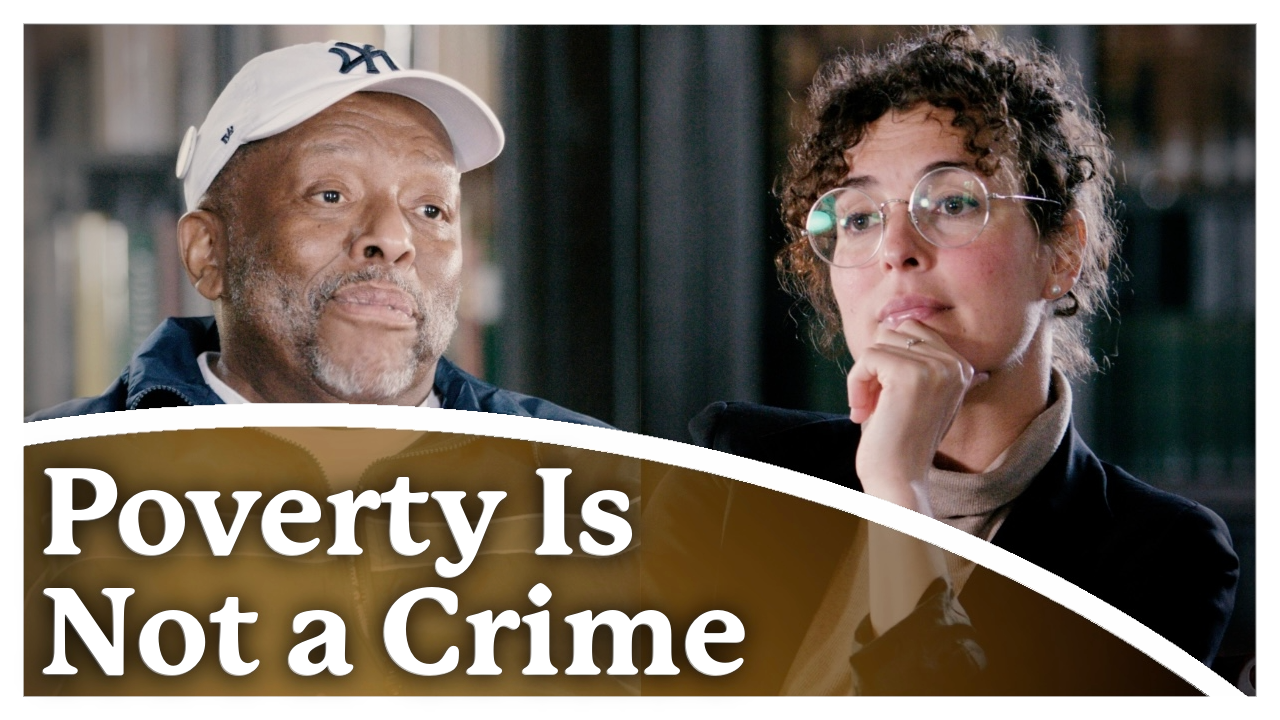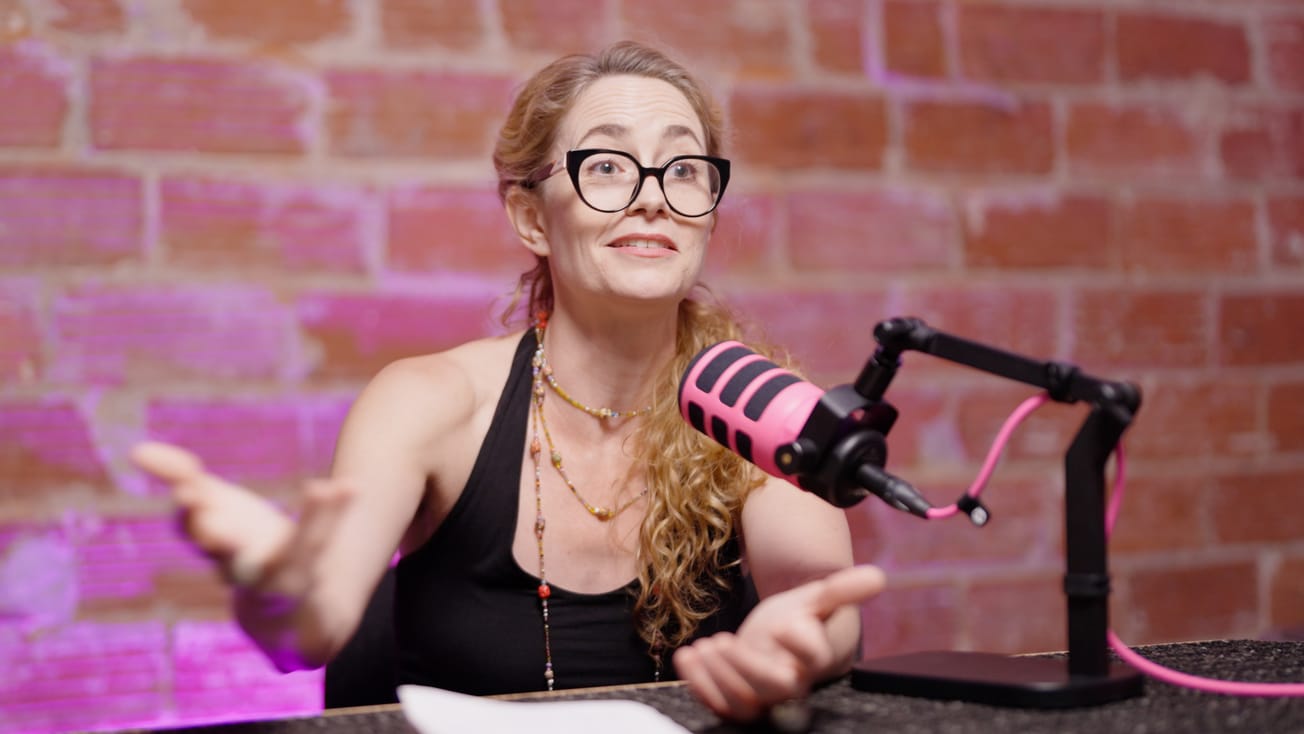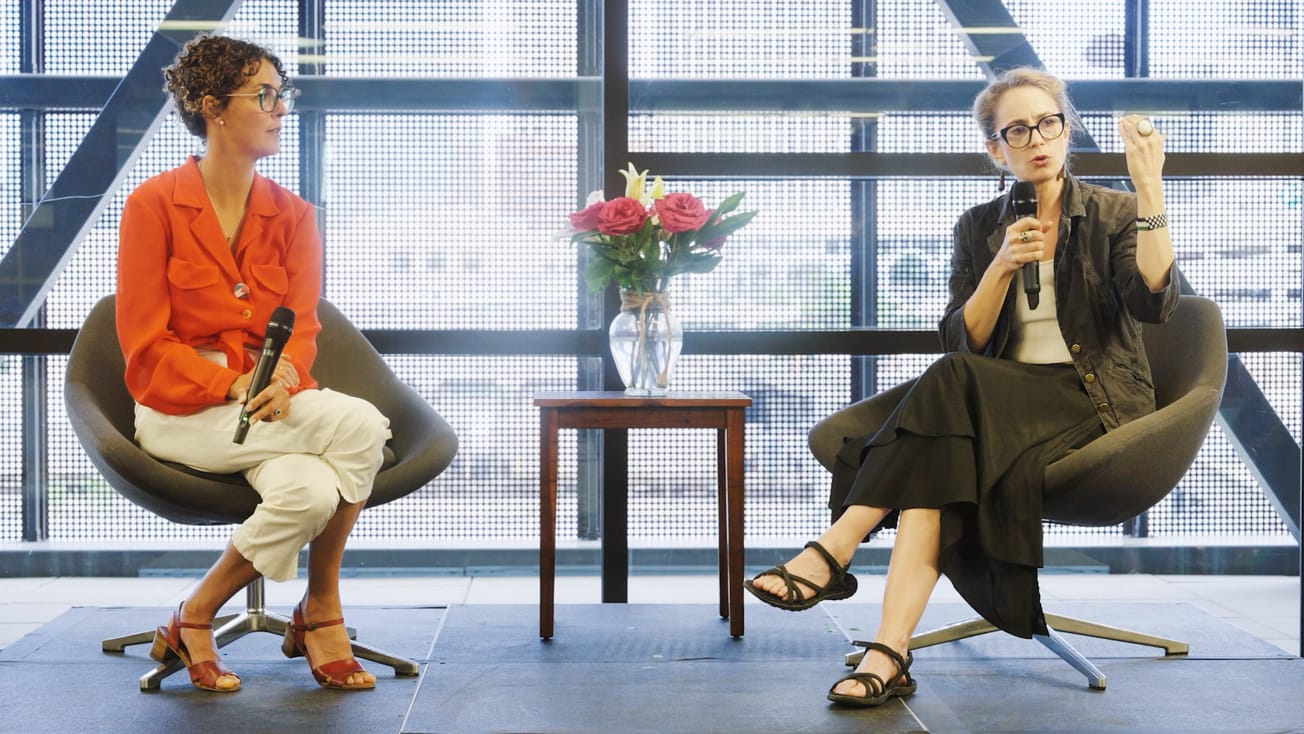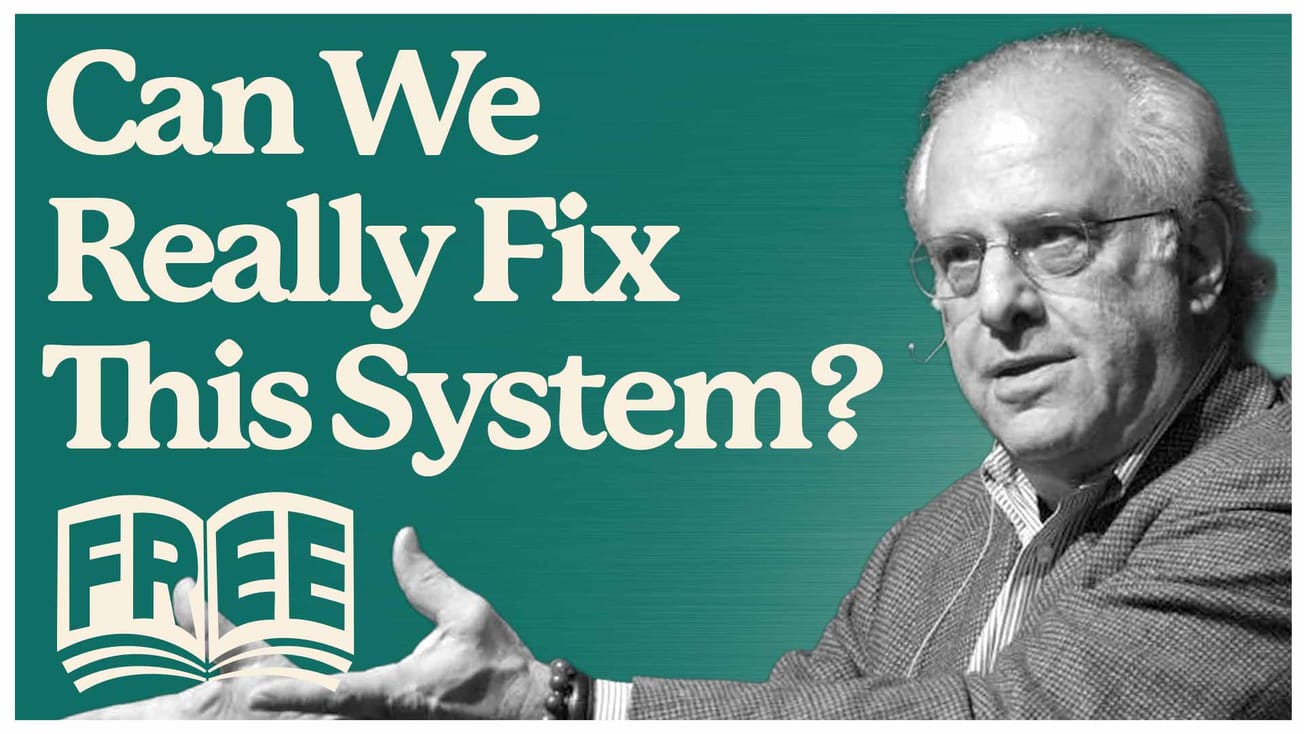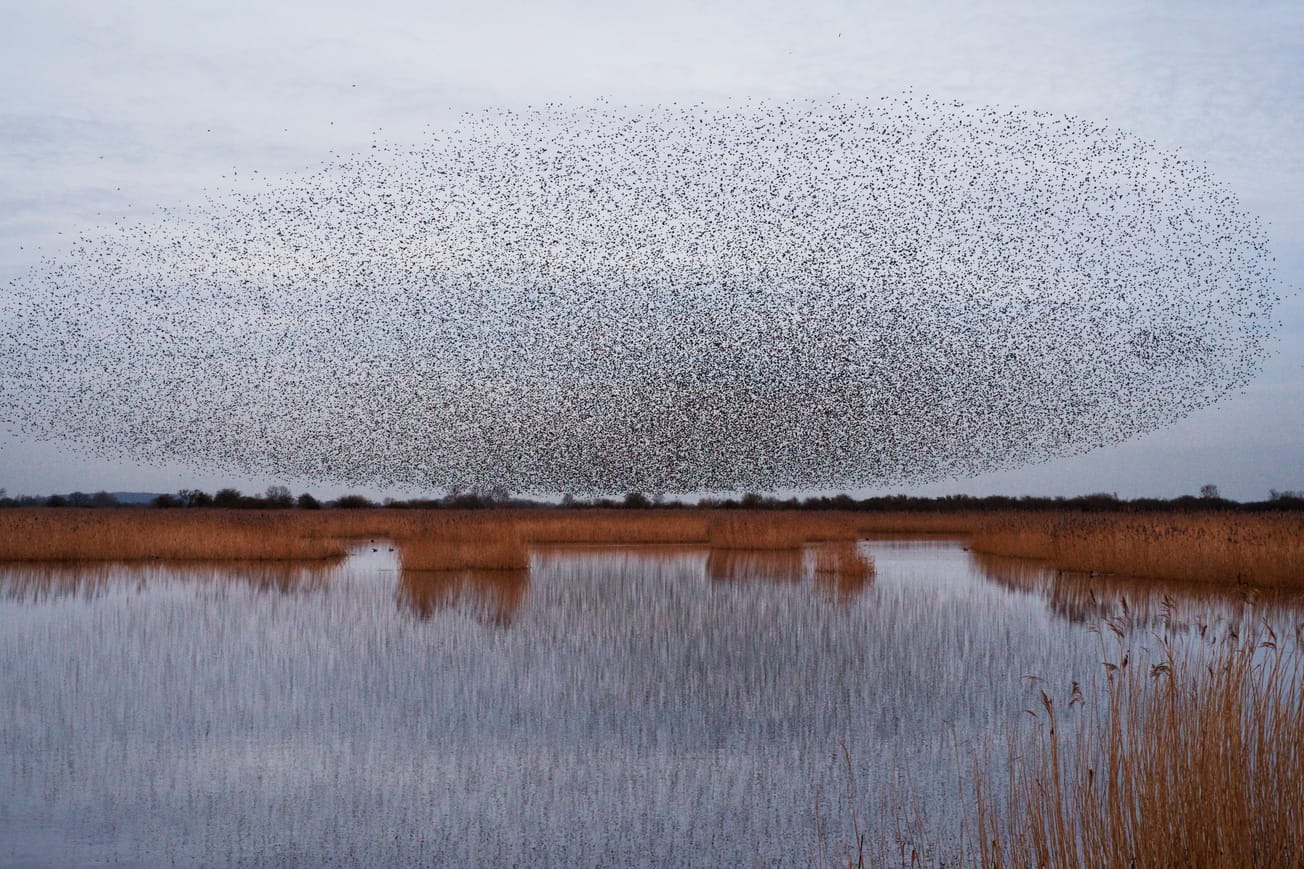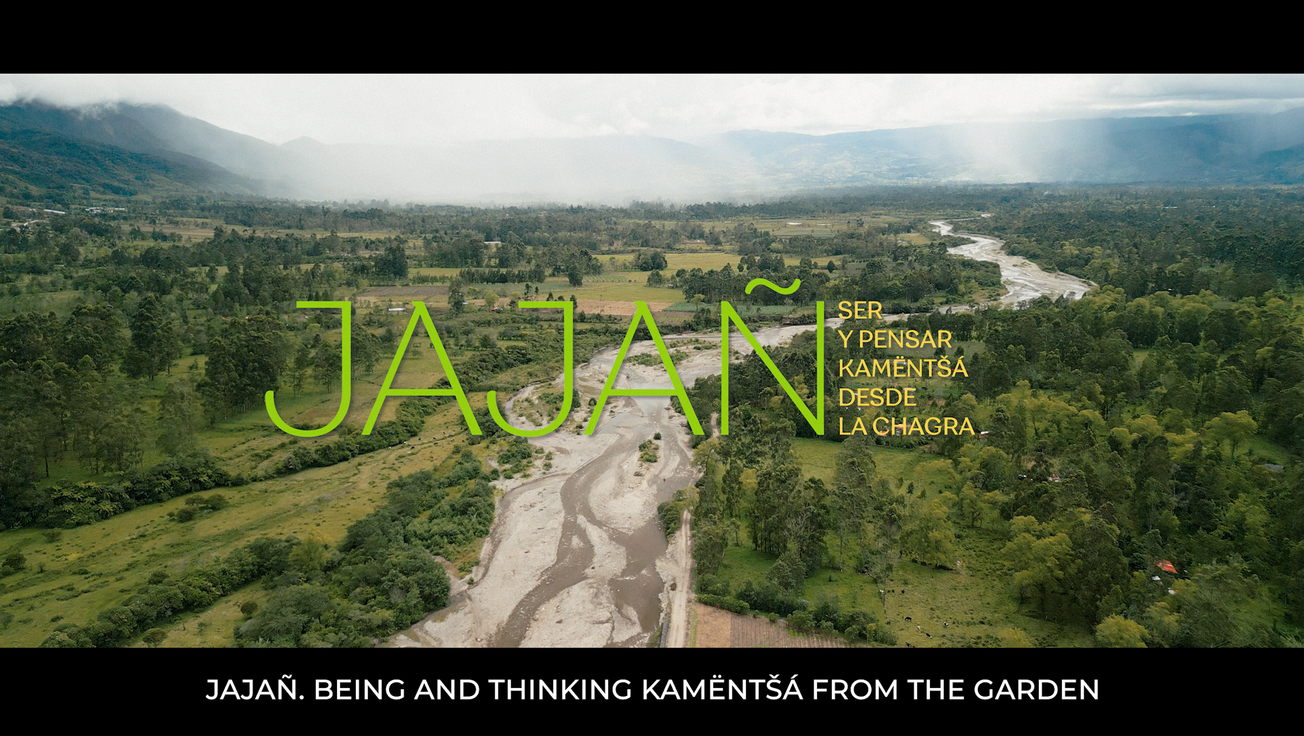At a recent FREE live event, economist Clara Mattei hosted a riveting conversation with historian David McNally, author of Slavery and Capitalism, and Michelle McCane, Oklahoma State Representative for District 72. Together they dismantled the myths that obscure the relationship between slavery, capitalism, and our ongoing struggle for economic justice.
Capitalism’s Roots in Slavery
McNally challenged the comforting fiction that capitalism emerged as a realm of freedom separate from slavery. “The slave plantations of the Atlantic world were among the most prosperous and profitable business enterprises in the world,” he explained, noting that enslaved Africans produced the sugar, cotton, and coffee that fueled the rise of industrial capitalism by framing enslaved people as workers who organized to reclaim their time, McNally reframed history: “Every form of labor in a capitalist society is unfree labor… capitalism always involves different forms of coercion.” From strikes to escape, enslaved people wielded their power to withhold labor, proving that freedom was won from below, not granted from above.
The State and the Market: Austerity’s Iron Grip
Mattei drew a direct line from the compulsion of slavery to today’s market dependence. “If I want to eat, if I want to sleep, if I want to go to school, I need money in my pocket,” she said, highlighting how austerity policies reinforce economic coercion cutting social programs while boosting military and surveillance budgets, she argued, keeps workers bound to low-wage labor and protects capital.
Ground-Level Politics in Oklahoma
Representative McCane brought the analysis home. Speaking candidly about life as a Black, queer woman in the Oklahoma House, she described a political system insulated from public pressure and dominated by money. “The government is not going to correct itself… change has to come from the pressure that you all put on us,” she urged. McCane traced how decades of disinvestment and white flight have segregated Tulsa’s schools, draining resources from public education while reinforcing poverty. Her call to action was clear: “Any progress has to come from the people. Not just at the ballot box, but every time we file legislation there should be somebody asking, ‘Who does it help and who does it hurt?’”
Solidarity as the Antidote
The evening closed with a reminder that liberation is collective. McNally evoked the courage of enslaved people, civil rights marchers, and everyday workers: “Capitalism divides in order to conquer. The antidote is solidarity and community… Ordinary people, acting together, can change the world. They’ve done it before. We can do it again.”


